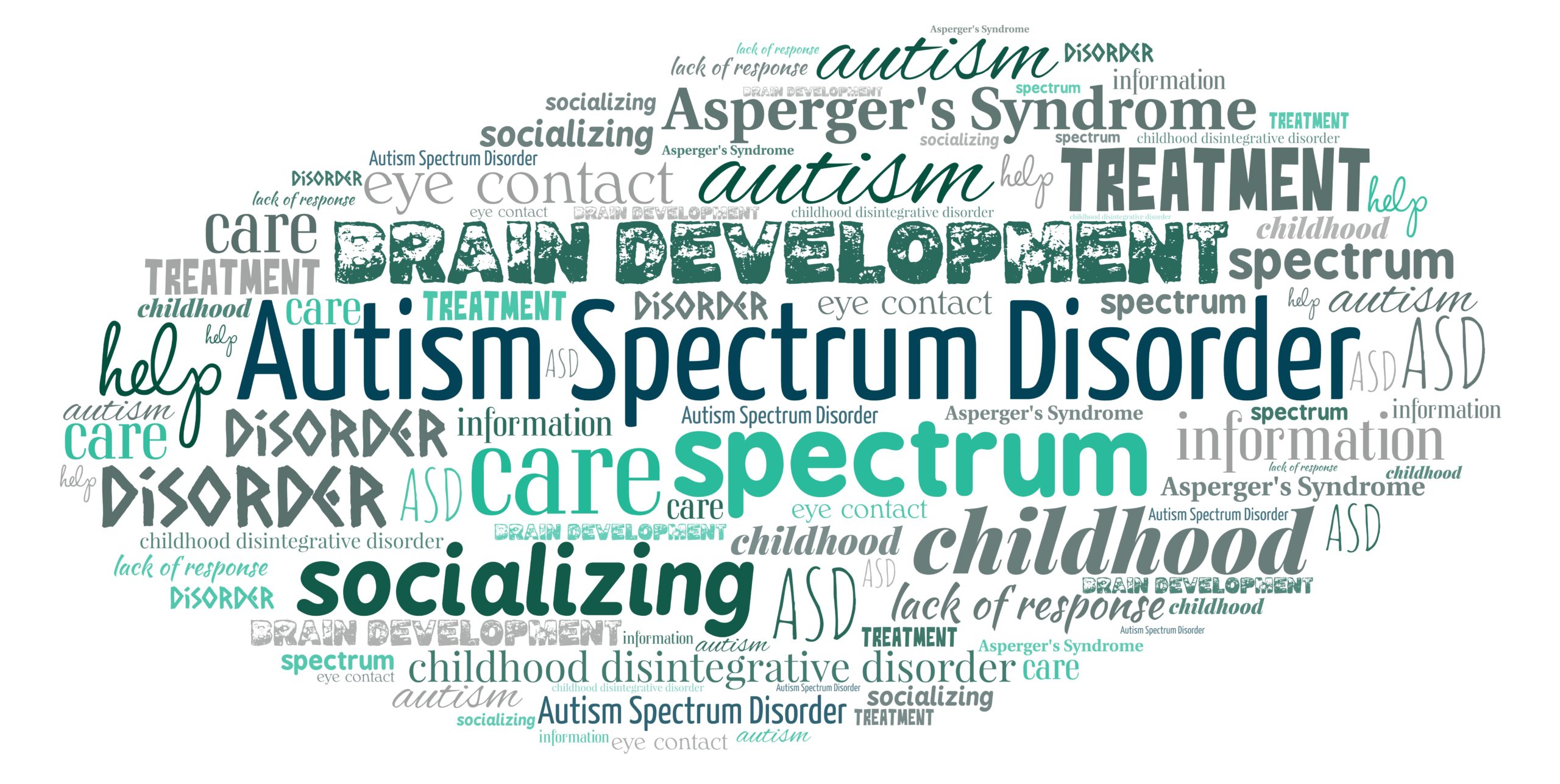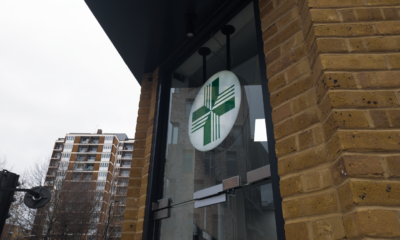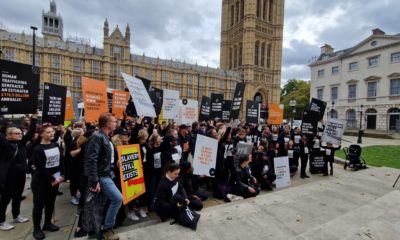Health
International Autism Awareness Day: Their inclusivity would make society’s prejudices fade
April 2nd marks International Autism Awareness Day. On this occasion, a mum, Christine, has given me an insight into what everyday life, and its challenges, is like when having an autistic son, Élouan, 20 years old.
She would like her testimony to change society’s attitudes and raise awareness about this misunderstood disability.
Autism spectrum disorders (ASD) are neurodevelopmental and lifelong disabilities, particularly affecting autistic people’s social interaction and communication with the world. It is estimated that worldwide about 1 in 100 children has an ASD, according to the WHO.
To make society more aware of Autistic Spectrum Disorder, Christine stated that “the most effective way is to talk about it as widely as possible. There is not a single type of autism but a multitude of autism. World Autism Awareness Day, is important for this.”
People’s misunderstanding is one of the reasons why increasing acceptance of disability within society is crucial. In fact, when Élouan was little, Christine was often confronted with peoples’ inappropriate remarks. Nowadays, she still explains that he is handicapped but “the fact that he is an adult, it seems that people understand and empathise less. Although I still explain to them that he is autistic and that he does not purposely push someone or pass in front of a queue, I am entitled to remarks like “That’s not a reason” or ” That doesn’t give him all the rights!” It touches me sometimes…”
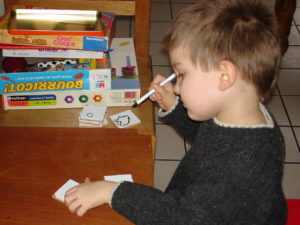
Her son’s disorder was undetectable at first. it is only after two long years of observations, the diagnosis was made: “Élouan had a disability, autism. It is not a disease, it cannot be cured, so we would have to live with it and above all find solutions, adaptations to help him live with this handicap.”
Taking in this news was extremely difficult, “we cried a lot, his father and I. I remember telling him: I will never be happy again,” Christine explained. However, life needed to carry on. It was necessary to find solutions so that he could have a life like other children: going to nursery, to school, learning to read and write, having activities, social life, … Rehabilitation with psychomotricity, psychology and speech therapist’s sessions started… “we had to teach him everything: look in the eye, point, imitate, sit down, play, understand simple orders, etc….”
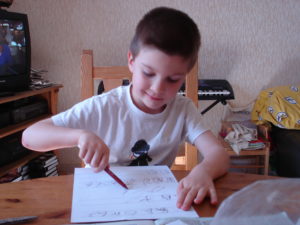
Growing up, Élouan integrated school at the age of 4. However, Christine emphasised the fact that educating a disabled child is very difficult, “we have to fill in administrative files relentlessly, we have to fight by redoing letters to be able to access what is rightfully ours, we have to harass the services of the (Departmental House of Disabled People) MDPH so that they don’t forget our file…” Despite many issues faced throughout his schooling, Élouan went to school until he was 16 where he learned to read, write and count.
The mum recognised that exchanging with other parents from the French organisation “Autisme Eveil 74” (located in Haute-Savoie) “is very important to be able to share experiences, get advice during outings adapted to the behaviour often very difficult of our children.”
Autistic behaviours can divert from one individual to another but are usually quite challenging. Christine told that her son’s reluctance to change, the impossibility of communication, temper tantrums and violence are tough to deal with, “we are helpless facing violence and no one has been able to help us deal with it and eliminate it.”
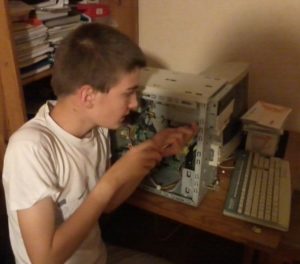
Nonetheless, Élouan is a human being like others, who does not define himself only as a disabled person. He has many flaws, of course, related to his character caused by his handicap, but he also has many qualities. He is ultra-sensitive and has impressive memorisation skills “he knows the names and dates of birth of all the people we know”. He is technically skilled: “he likes to tinker and use tools, to make things out of wood.”
Society needs to tend to more inclusivity for these children, adolescents and adults, whether at school, in sports or cultural activities or in their professional careers. Indeed, there are not enough means put in place to support them thriving.
Society’s stigmas around this handicap would fade if autistic people were much more visible in society with us standing alongside them because we would understand them better.
Don’t forget that despite everything, not every disability is visible.
They are still human beings, just like you.
Pictures attributions © Christine Gal © EpicTop10.com


